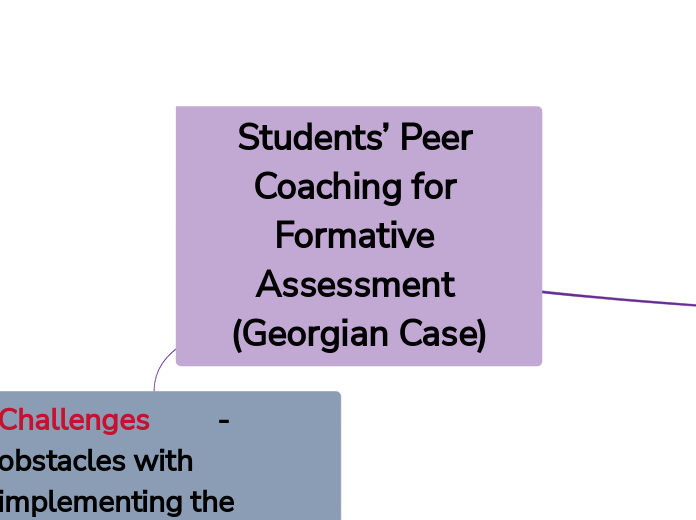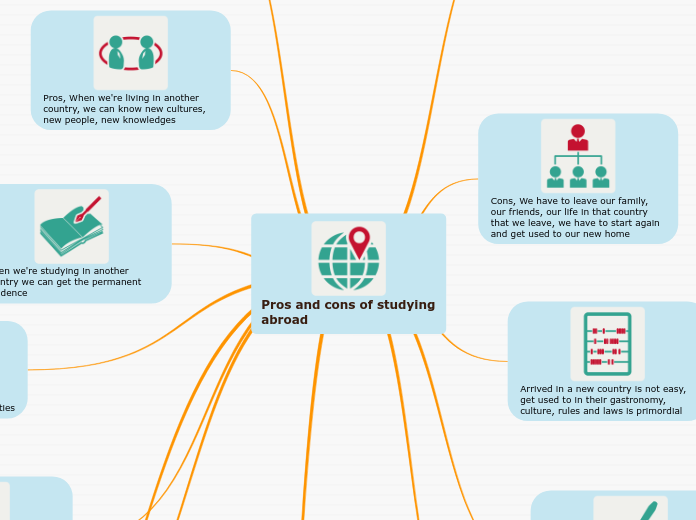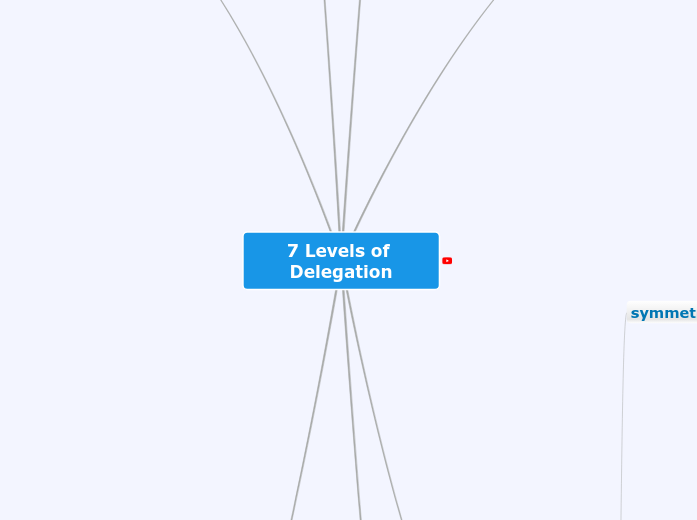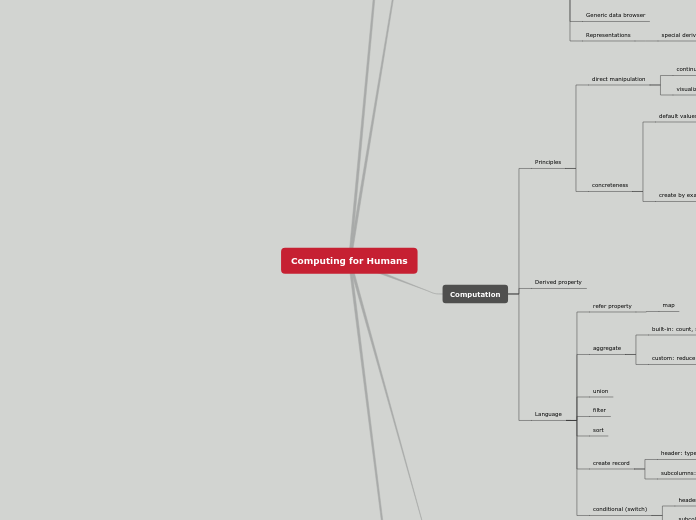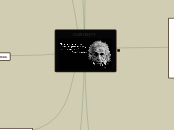Students’ Peer Coaching for Formative Assessment (Georgian Case)
Theoretical framework
Gibss Reflective Model
Social Constructivism
Challenges - obstacles with implementing the learner-oriented instructional process.
Target groups
150 students and 5 lecturers of teacher training programs.
Research Objective
to promote a positive, emotionally safe, and collaborative, student-oriented learning environment through formative assessment/Critical Friend.
Research topics
Intervention Stage
To implement Critical Friend and the evaluation of its effectiveness
Interview - with the lecturers involved in the research to evaluate the efficiency of the conducted interventions.
Focus group - to analyze students’ points of view regarding the efficiency of the conducted interventions;
Critical Friend approach was implemented
Basic Consequences
Students:
. Become more internally motivated when the participation in “Critical Friend” is an optional activity;
. Identify each other’s strong and weak points;
. Become more open towards criticism and demonstrate a willingness to give recommendations to one another; - Develop different metacognitive skills, - Perfect the knowledge of the topi; - Become aware of the importance of peer teaching for establishing trust-based relationships;
- Take more responsibility for their own, as well as their fellow students’ development.
Conclusions
- It is a student-oriented complex approach
- It aims at developing openness and confidence between lecturer to a student, student to student, and student to a lecturer
Observation - to evaluate the effectiveness of interventions
Observation, Focus group, Interview
Problem Identification stage
-
Research Methods
Content analyze of the teacher training programs to study the formative evaluation system.
interview with lecturers - to study their experience and attitude regarding the research topic.
Main Results
they do not realize the essence of collaboration as a means of sharing knowledge and experience. Students do not consider a lecturer an important party involved in collaboration,
the applied methodology in courses was mainly focused on summative rather than formative assessment.
the majority of the syllabuses do not provide the opportunities to achieve the declared goals.
Focus group - with students to study their experience and attitude regarding the research topic.
